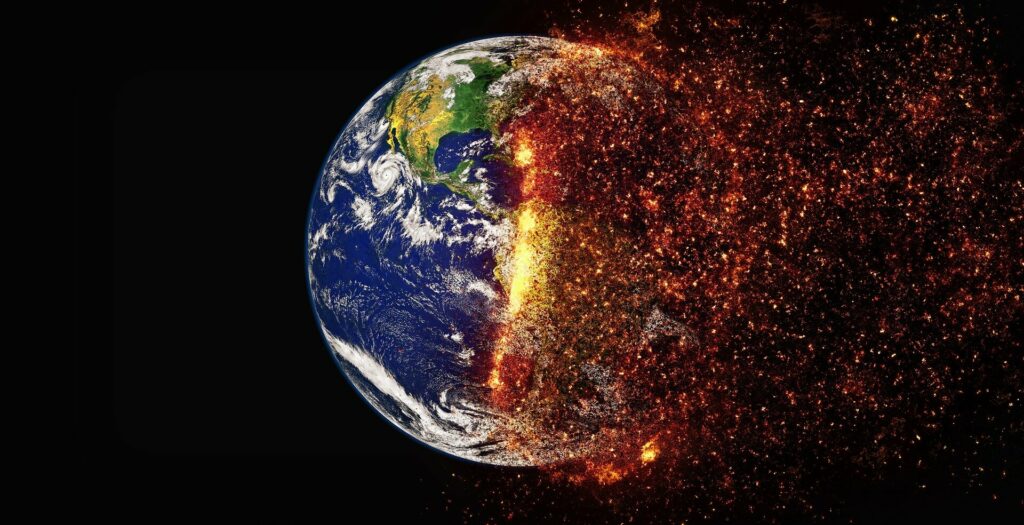In any debate including that on climate there are voices that are clearly unreasonable and it would be unfair to treat them as representative. But only if the people who want to be considered reasonable also distance themselves from them. Which is awkward if, say, they’re the heroes of the movement. Which brings us to a piece on Electroverse that quotes James Hansen, in many ways the godfather of climate change because his June 13, 1988 testimony to the Senate Energy and Natural Resources Committee launched the modern global warming scare. In an interview the next year, in New York City, Electroverse observes, “Hansen was asked: ‘If what you’re saying about the greenhouse effect is true, is anything going to look different down there in 20 years?’ Hansen reportedly turned to a window overlooking Broadway, and said, ‘Well, there will be more traffic. The West Side Highway [which runs along the Hudson River] will be under water. And there will be tape across the windows across the street because of high winds. And the same birds won’t be there. The trees in the median strip will change.’” It didn’t happen or come close to happening. So does it matter?
As Electroverse goes on to note, in his 1988 testimony Hansen told the senators, and the world, there was only a “1 percent chance” that he was wrong about man-made climate change. Of course he didn’t mean that he would necessarily be right about all the details, either of cause or of effect. But there’s a mix of blustering certainty and wild inaccuracy in his West Side story that ought to be unsettling to those who keep intellectual company with him. Especially as they form part of a pattern of his statements.
Thus Electroverse also notes a June 24 2008 AP interview, sort of a 20th-anniversary retrospective, in which he said “The Arctic is the first tipping point and it’s occurring exactly the way we said it would.” Which would be what? Well, as you might imagine, “in five to 10 years, the Arctic will be free of sea ice in the summer.” A prediction that has stood the test of time, in the sense that we are repeatedly told by all sorts of reputable figures that the Arctic ice will vanish in five to 10 years from whatever year it happens to be. But it has not stood the test of time in the sense of actually happening by 2013 or, at the outside, 2018 as Hansen said it would.
We must add one other impressive Hansenism to this collection. At one point he warned that if “it gets warmer and warmer then the oceans begin to evaporate and water vapor is a very strong green house gas, even more powerful than carbon dioxide. So you can get to a situation where, it just, the oceans will begin to boil and the planet becomes, uhh, so hot that the ocean ends up in the atmosphere, and that happened to Venus…” (The clip that item links to is now broken but you can find it here.) Which is obviously a disaster so overwhelming that literally no cost would be too high to prevent it.
The problem is, it’s nonsense. It just can’t happen. But Hansen has considered the possibility that Hansen exaggerates and concluded that “If only that were true, I would be happy” but it is not true including on that Venus business.
Well, it is. And when somebody makes wild predictions of imminent disaster that fail to come true and wild predictions of future disaster that can’t possibly come true, somebody needs to make sure they are not welcome in what are meant to be reasonable discussions. James Hansen, call your office. Everybody else, don’t.


